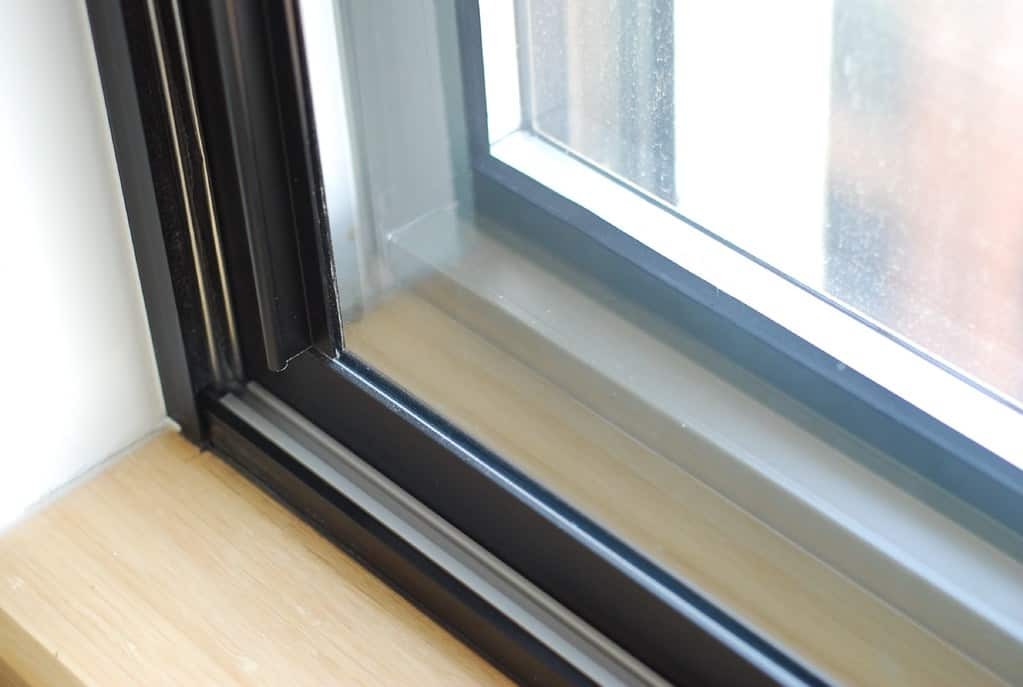
Sound can be a real problem in some homes. If you live close to busy roads, train tracks, or airports, it can be hard to get quiet when you’re trying to sleep. One way that people try and solve this issue is by installing soundproof windows. Soundproof windows are one of the best ways to block out noise from outside your home and create a more peaceful environment inside your house where you can rest comfortably at night. In this blog post, we’ll walk through how to identify the right type of window for your needs, as well as step-by-step instructions on what steps need before choosing a window for your new installation!
1. Install a window insert to add more insulation
• The first step in soundproofing your windows is to make sure that they are as insulated and sealed off from the outside world as possible.
• While it can be tough to find a product for every type of window, there are some general inserts you should look at if you want more insulation or soundproofing added to your home.
2. Seal off any cracks or gaps with caulk
• While some windows are just about perfect for insulation, others have many cracks and gaps that let in air and noise.
• If you want your window to be soundproofed adequately, sealing off these openings is the number one way to ensure that there isn’t any extra noise coming into or out of your home.
• Caulking is the best way to seal up any cracks or gaps that your window might have
3. Add weather stripping around the edges of your windows and doors for additional insulation
• Weatherstripping is a great way to add insulation and soundproofing without making too many changes to your home.
• Weatherstripping can also help reduce the amount of air that flows through cracks in your window or doors.
4. Consider adding soundproofing material to your walls
• Are you interested in soundproofing your walls? Safe n’ Sound is a soundproofing product made of recycled glass fibers that don’t require any drilling holes in the wall! It’s non-toxic, which means you don’t have to worry about it harming your family or pets. It helps eliminate noises inside or outside your home, whether you want to filter out noise while keeping an aesthetically attractive interior design in living rooms, dining halls, and bedrooms.
5. Hang up heavy curtains on the inside of your windows
• Create a natural barrier for noise by hanging heavy curtains on the inside of your windows. They will act as an extra layer of protection against sound coming in through your windows and make sleeping easier at night!
6. If you live near a busy street, consider investing in double-pane windows to help block out outside noise
• Living near a busy street can make it difficult to get any sleep. This is because the sound of traffic and other outside noise will often filter into your home, keeping you awake at night or disrupting naps during the day. However, if this sounds like something that applies to your life right now (or in general), consider investing in double-pane windows for all rooms where you spend lots of time sleeping; they block out much more external noise than standard single pane glass designs do!
7) Plant trees or bushes outside your home for natural sound barriers that will absorb some of the noise coming into your house
• Your home may be noisy, but you can make it more peaceful by planting some trees or bushes outside your house. Plants have been shown to reduce noise levels from the street and absorb sound waves coming into our homes through windows, so consider installing a few in front of yours for an added layer of natural insulation against the urban din.
8) Purchase furniture with built-in cushioning materials
When purchasing furniture, look for built-in cushioning materials like memory foam or down feathers. These materials will make it harder for sound waves to pass through them and reach you indoors.
9) Invest in acoustic panels
Acoustic panels absorb sound and dampen echoes, making them an excellent option for blocking noise. They’re great in rooms where you want to reduce the reverberations caused by harsh acoustics, such as gyms or concert halls.

